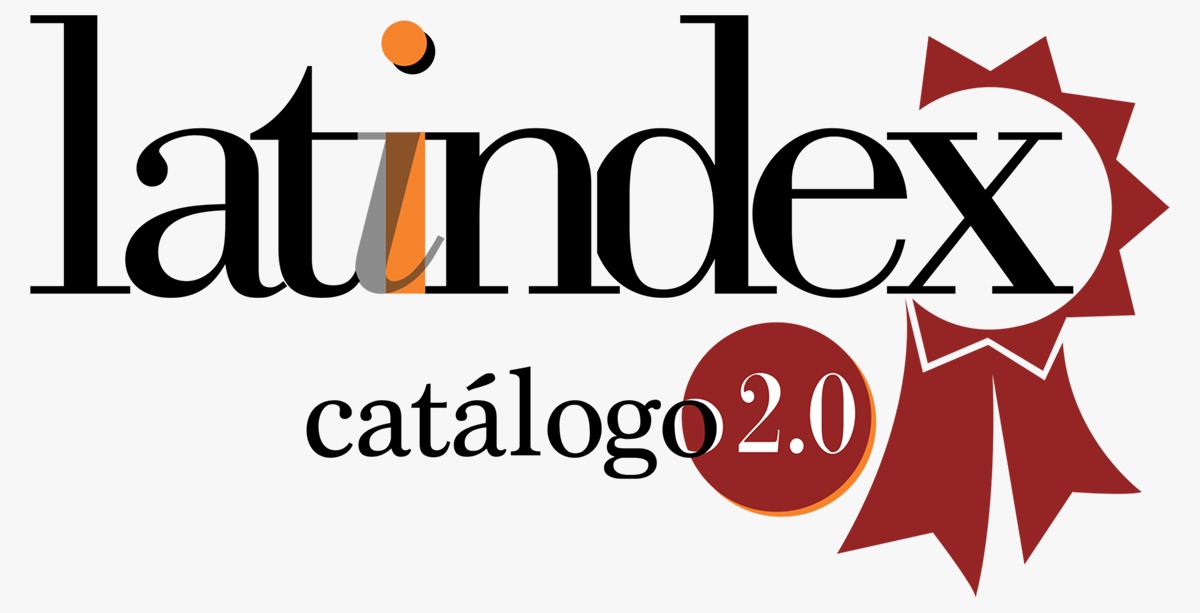University autonomy in Peru. In crisis
DOI:
https://doi.org/10.47865/igob.vol5.n17.2022.175Keywords:
autonomy, university, Law 30220, PeruAbstract
Taking as a premise the profound changes that occur in the world, in society, and the role that its universities play, from the first one in Bologna (more than nine centuries of existence) to the global, world, competitive, modern universities, ethical, that promote truth and knowledge, science, technology, technological innovation, helical, transforming and empowered within a society and that constantly require quality, with teachers committed to academic freedom and highly qualified, with excellent professional and postgraduate training, talented scientists and social projection, promoters of sustainable development in Peru, leads us to confrontations related to access to new information to generate and distribute new knowledge. Knowledge has power. Hence the problem. It is said that the public university is inefficient, that it has poor quality, and with that argument in the University Law 30220 (2014) a regulation is recorded that over the years has become destructive not only of academic freedom, to investigate, but also By having articles that allow universities to subsume the governments of the day, they lose that vision of freedom, ethics and transparency that the advancement of science requires to generate knowledge. University autonomy requires it to be more flexible in the preparation of its study plans, which will have a transforming framework for society according to the current concepts of frank digital, global expansion. It is an imperative goodness that has taken years of open struggle to achieve, since there has always been that struggle between the state and the powers that be to control it. Law 30220 (2014) and its articles 1, 5, 17 and 20 harm this concept. We need to create critical and significant, transcendent, innovative and transformative thinking. For this reason, the favorable debate, to date, of Bills 697/2021. CR and 862/2021.CR, by the Education, Youth and Sports Commission, requires its consolidation through a second vote, which we do not doubt will be favorable.
Downloads
References
ASCUN (2004). Autonomía universitaria, un marco conceptual, histórico, jurídico de la autonomía universitaria y su ejercicio en Colombia, Bogotá: Corcas.
Ávila J., Nelson y Guillezean, B. Patricia. Revista de Ciencias Sociales Vol. 16 N° 1. Venezuela.
Hoyos, Guillermo. (2004) Relaciones entre la universidad el estado y la sociedad, en ASCUN (2004, 273).
Kant, Emanuel. Crítica de la razón pura. 5ª Edición. Trad.: Manuela Pinto
Ley del Sistema Nacional de Evaluación, acreditación y Certificación de la calidad educativa SINEACE 2006.. Veáse art. 11.
Ordóñez, L. (2013) LA AUTONOMÍA UNIVERSITARIA Y LA REFORMA A LA EDUCACIÓN SUPERIOR. vol.14 no.1 Pasto Jan./June 2013
Tünnermann, Carlos (Ed.) (2008). La educación superior en América Latina y el Caribe: diez años después de la Conferencia Mundial de 1998. Bogotá: U. Javeriana.
Congreso de la República del Perú. https://es.scribd.com/document/546098261/Predictamen-967?msclkid=65cc180da5fb11ecbf240aa03f7cc653
Downloads
Published
How to Cite
Issue
Section
License

This work is licensed under a Creative Commons Attribution-NonCommercial-ShareAlike 4.0 International License.
Esta obra está bajo una licencia internacional Creative Commons Atribución-NoComercial-CompartirIgual 4.0.
















